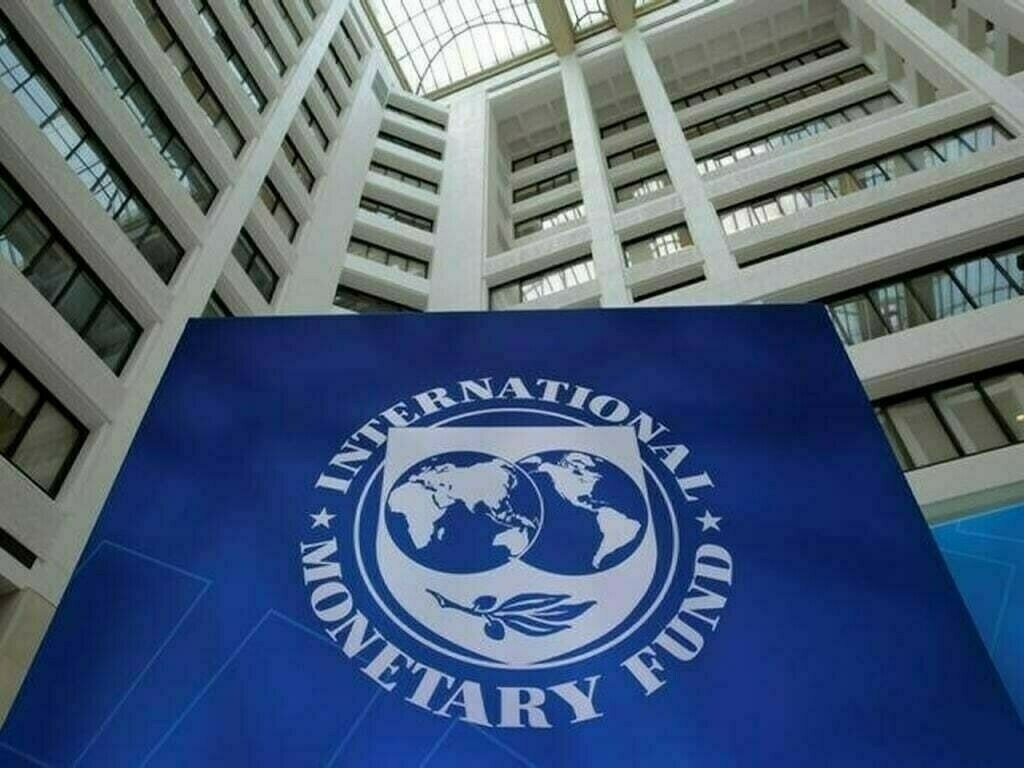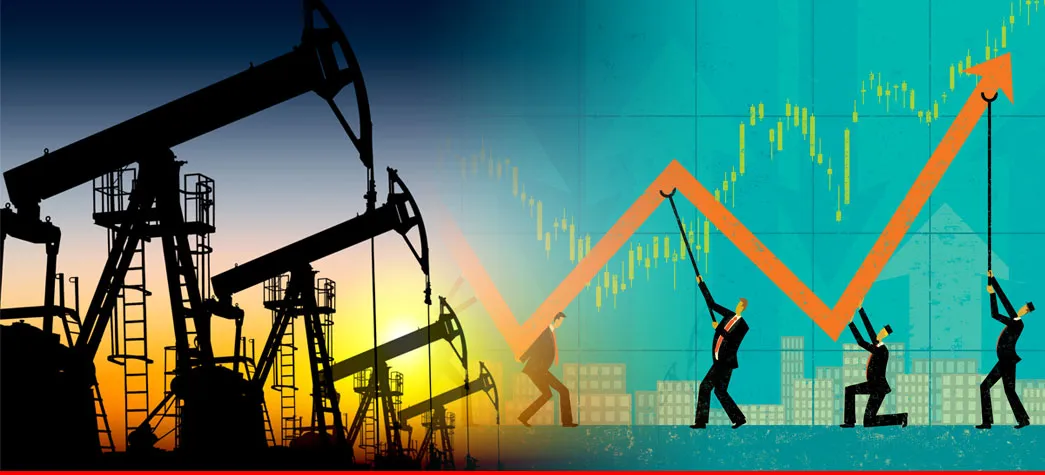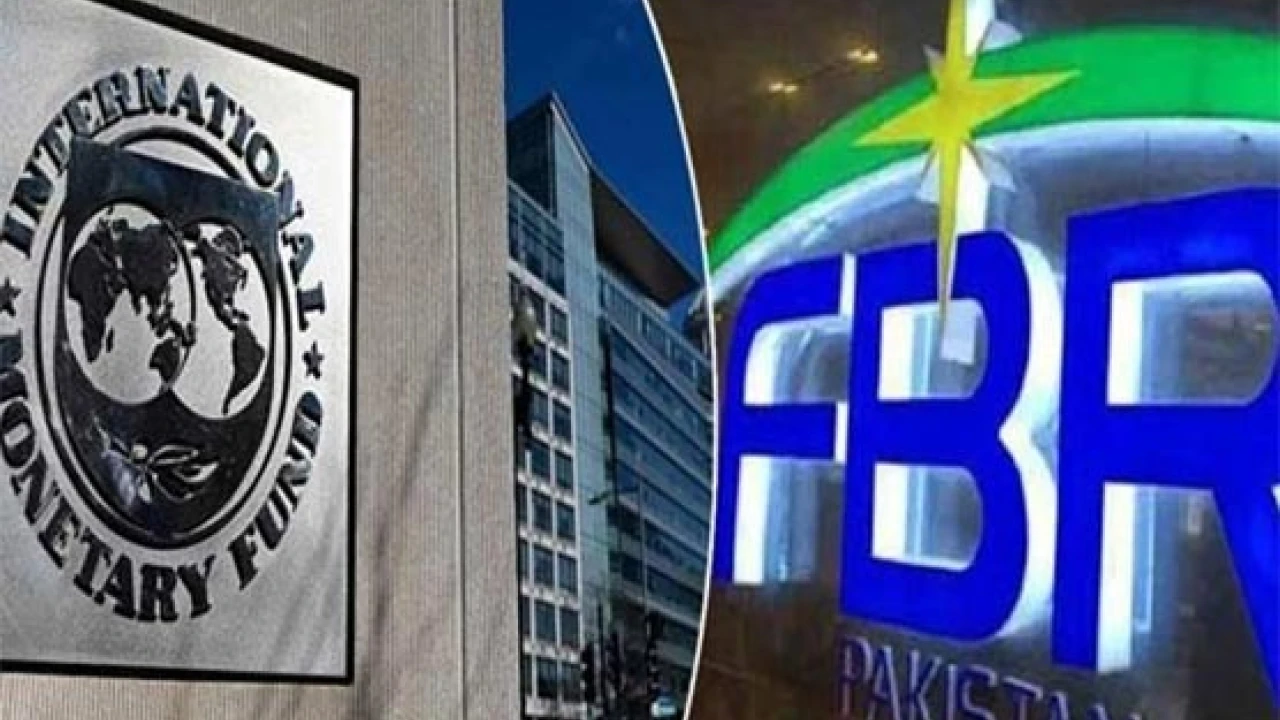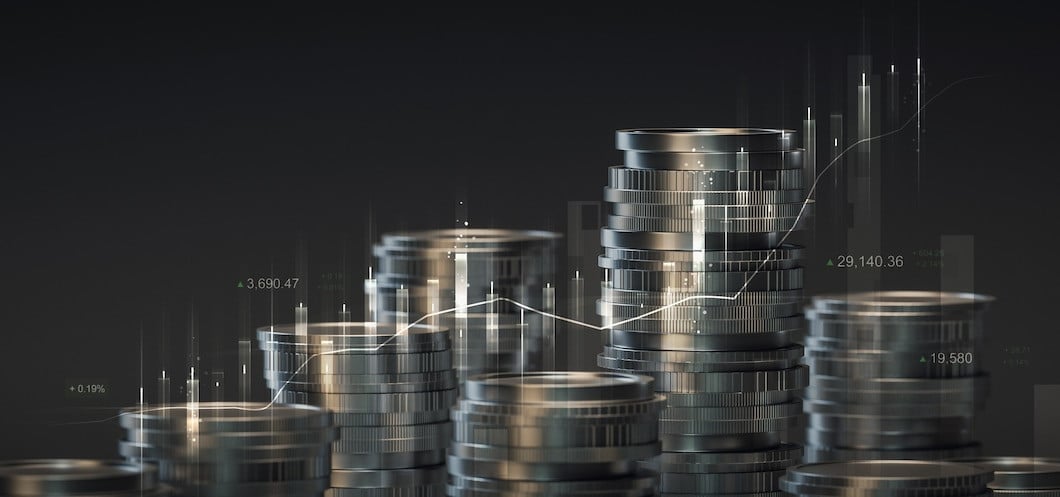Mohsin Siddiqui (Chief Reporter)
The International Monetary Fund (IMF) has proposed policy changes to the Pakistani authorities, urging an 18% increase in the General Sales Tax (GST) on petroleum products alongside other measures for revenue enhancement.
According to the IMF’s Technical Assistance Report, the Fund recommends applying the same rate of Federal Excise Duty (FED) on locally manufactured cigarettes regardless of the manufacturer’s origin. Additionally, the IMF suggests imposing Petroleum Development Levy (PDL) on machinery inputs polluting the environment.
The IMF also advocates for progressive increases in excises on domestically produced cars and luxury goods like yachts. Moreover, the Fund emphasizes the need for heightened border control to combat smuggling of oil derivatives, particularly from sensitive areas, and proposes taxation on e-cigarettes similar to tobacco.
Furthermore, the IMF advises reducing the number of items subjected to federal excise duties in the medium term, focusing on those with significant revenue potential, negative externalities, or luxury aspects.
Regarding petroleum products, the IMF notes fluctuations in the Petroleum Development Levy (PDL), which accounted for 0.7% of GDP in FY2023. Despite an increase in PDL rates, taxation on petroleum products has decreased since 2019, with the total tax rate on petrol dropping to 19.6% of the sales price in September 2023.
Eliminating the exemption for petroleum products under the Sales Tax, as suggested by the IMF, would result in an 18% price increase, bringing the gasoline price in line with neighboring countries and emerging economies.
Additionally, the IMF highlights a significant increase in Federal Excise Duty rates on tobacco products, leading to a 20-25% decline in cigarette consumption according to surveys.
These policy recommendations aim to enhance revenue generation and align taxation policies with international standards while addressing consumption patterns and environmental concerns.




